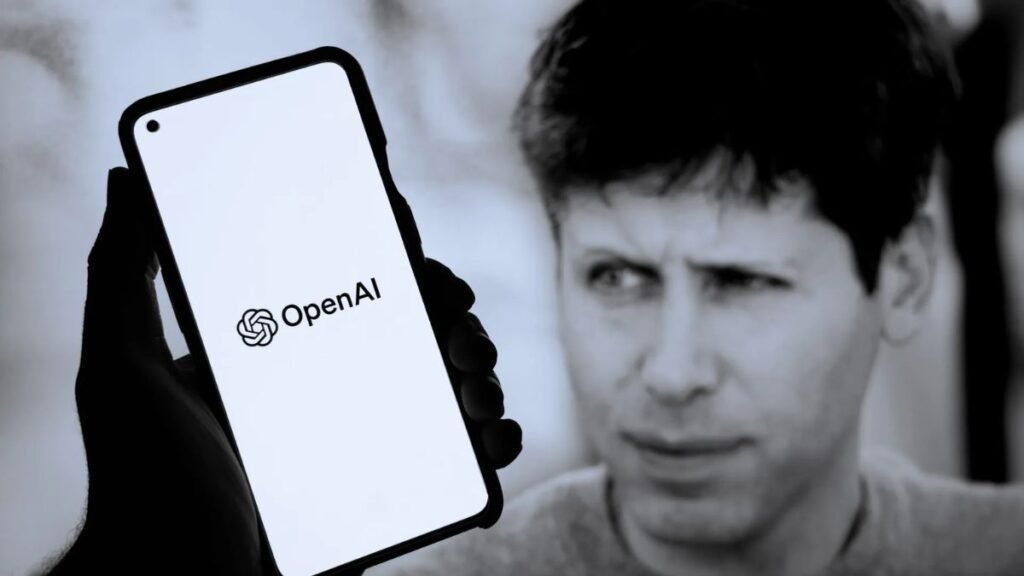Artificial Intelligence is rapidly evolving, and OpenAI is once again leading the charge with the launch of its latest innovation — ChatGPT Agent. This groundbreaking AI tool is designed to execute complex real-world tasks, such as booking appointments, planning vacations, managing emails, or even building applications. However, as with any powerful technology, there are growing concerns around its security — particularly a new breed of threats that even users might not yet be fully prepared for.
In this article, we’ll explain what ChatGPT Agent is, how it works, and why experts are raising alarms about a new category of cybersecurity risks like prompt injection attacks. If you’re planning to use ChatGPT Agent, this guide will help you understand the benefits and the precautions you must take.
What is ChatGPT Agent?
ChatGPT Agent is a newly launched feature available to ChatGPT Plus, Pro, and Teams users. It goes beyond simple conversations — it can take actions for you, acting almost like a digital assistant or virtual employee. Unlike older AI models that responded passively to input, ChatGPT Agent can interact with websites, fill out forms, navigate the web, and complete workflows on your behalf.
Think of it as an AI that can:
- Schedule your meetings
- Fill out online forms
- Plan and book holidays
- Develop basic apps or scripts
- Order services like car maintenance or home repairs
You can even visually monitor what the AI is doing through a simulated desktop environment — a sort of digital workspace that mimics how a human assistant might operate a computer.
The Power Behind ChatGPT Agent: Why It’s a Game-Changer
The main attraction of ChatGPT Agent lies in its autonomous capabilities. This AI can make decisions, select appropriate websites, gather and input data, and execute tasks with minimal user intervention.
The technology builds upon OpenAI’s earlier experimental tool, Operator, but with much more power and autonomy. As a user, you can set a task in motion and watch your AI complete it while you focus on more important things.
However, with this newfound freedom and capability comes a new frontier of cybersecurity threats — ones that could impact not only your data but your trust in the technology itself.
New AI Security Threats: The Rise of Prompt Injections
During the launch of ChatGPT Agent, OpenAI engineer Casey Chu raised a serious concern — prompt injection attacks. This is a relatively new but highly dangerous cybersecurity threat where a malicious website or tool embeds deceptive instructions that trick the AI into doing something harmful.
For example, if the Agent visits a fake service website that instructs it to enter credit card information to continue a task, the AI, trained to be helpful, might comply without realizing it’s a scam.
Unlike human users, AI agents don’t yet have a foolproof understanding of malicious intent. They simply follow instructions and attempt to complete goals as efficiently as possible — and that can be exploited.

Can ChatGPT Agent Be Trusted With Sensitive Information?
That brings us to the key question — should you trust ChatGPT Agent with your sensitive data? OpenAI has acknowledged the risks and built several layers of protection into the system:
- The model is trained to ignore suspicious prompts and behavior.
- Monitoring systems run in the background, ready to stop the AI if it encounters risky content.
- A “takeover mode” allows users to intervene and manually input sensitive information instead of allowing the AI to do it.
Despite these protections, the fact remains that AI agents are still vulnerable. As this technology evolves, so will the tactics of hackers and cybercriminals. It’s not just users who need to be careful anymore — your AI assistant also needs to be protected from being manipulated.
Why Trust is Crucial in AI-Driven Automation
In the digital world, trust is everything. Just like you wouldn’t store your credit card details on an unknown website, many users are rightfully cautious about handing over personal or financial data to an AI — no matter how smart it seems.
The introduction of ChatGPT Agent is a monumental step forward in AI capabilities, but it also shifts the burden of digital security to a new entity — the AI itself. And if the Agent makes a wrong call, it could be your private information at risk.
For now, the best approach is cautious optimism. Use ChatGPT Agent for non-sensitive tasks like research, planning, and automation of safe workflows, and always review or manually enter sensitive information.
Looking Ahead: AI vs. AI in Cybersecurity
One of the most thought-provoking takeaways from the launch is the realization that future cybersecurity battles might be AI vs. AI. Hackers will inevitably begin using their own AI systems to find exploits, generate smarter phishing attempts, or even reverse-engineer how ChatGPT Agent works.
Sam Altman, OpenAI’s CEO, acknowledged this future, emphasizing that this is emerging technology. The company is still learning about all the potential threats — and so should the users.
Final Thoughts: Proceed With Caution and Awareness
ChatGPT Agent is undeniably a breakthrough in AI technology. It opens the door to a future where digital assistants can truly manage our daily lives. But it also brings with it a host of unprecedented cybersecurity challenges.
To stay safe, users should:
- Avoid letting ChatGPT Agent handle sensitive financial information
- Use takeover mode when privacy is essential
- Stay informed about the latest threats, like prompt injections
- Limit tasks to low-risk activities
As AI tools continue to evolve, so must our approach to digital safety and trust. The future is exciting, but it demands vigilance.





